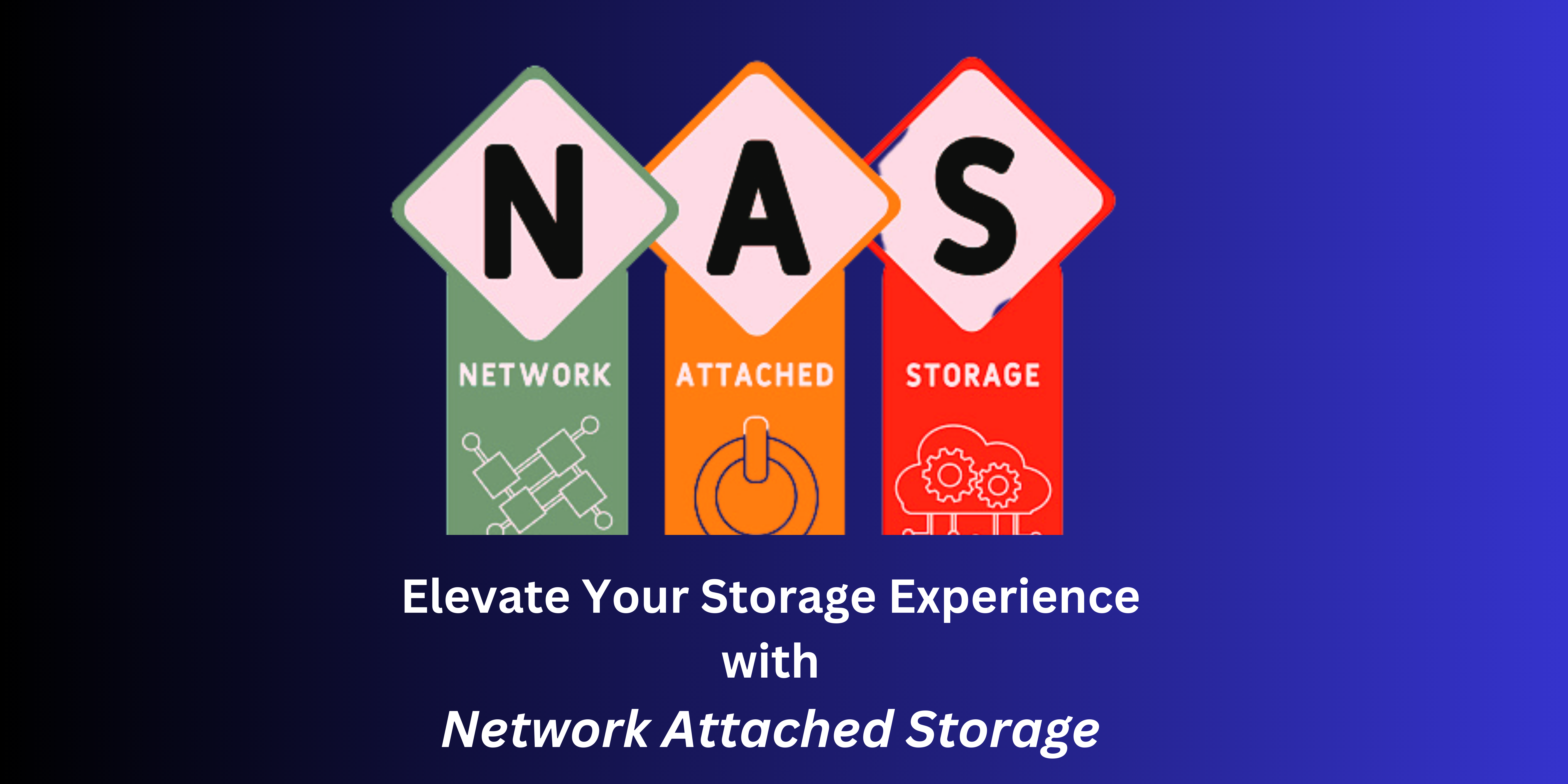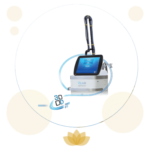
Data storage has come a long way since the days of physical servers and hard drives, and businesses must keep up with these rapid changes to stay competitive. A popular solution for managing and storing data is Network-Attached Storage (NAS), which provides instant access to files across multiple devices, as well as easy sharing and collaboration. NAS has become essential to many businesses, particularly those that require large amounts of data storage, high-speed access, and scalability. In this blog post, we’ll explore the benefits of NAS, how it works, and why it may be the solution your business needs for effective data management.
Understanding Network-Attached Storage
Let’s start by defining what we mean by Network-Attached Storage (NAS). NAS is a type of storage device that is connected directly to a computer network, providing file access and sharing to all connected devices on the network. It operates as a file server that is accessible through a web browser or NFS or SMB file sharing protocols. NAS can be scaled horizontally by adding more storage devices to the network, allowing for seamless expansion without the need to replace the entire system. Overall, NAS provides a simple and efficient way to manage and store data, making it a popular solution for organisations with large data storage needs.Benefits of Network-Attached Storage
- Scalability: As mentioned, NAS systems can be easily scaled by adding more devices to the network, allowing businesses to expand their data storage requirements.
- High Availability: NAS systems often offer redundant systems to ensure data availability and prevent data loss.
- Data Backup: NAS supports automated backups, providing an easy way to ensure important files are always backed up and secure.
- Collaborative Work: NAS enables multiple users to access and collaborate on files easily, often with real-time synchronisation, improving workflow efficiency.
- Centralised Management: NAS provides a central location for file storage, making it easier to manage, control, and secure data across the network.








